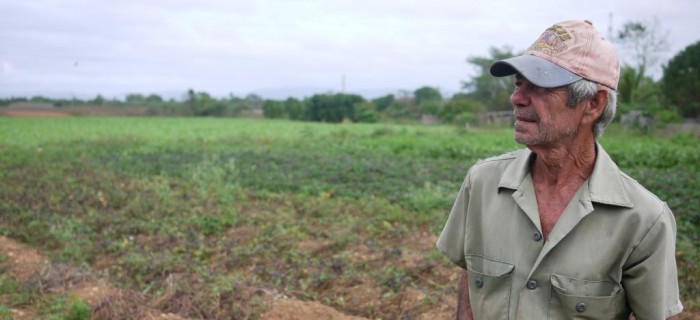Linking Farmers’ Movements for Advocacy and Practice
In The Journal of Peasant Studies, Vol. 37, No. 1, January 2010, 203–236
Over the last few decades two, often distinct, movements have emerged which focus on advocacy for smallholder farmers. First there are peasant organisations and federations focusing primarily on new agrarian advocacy, such as Vía Campesina, and second there are groups made up of smallholders working with nongovernmental organisations (NGOs) that focus primarily on developing sustainable agriculture, such as Campesino a Campesino (Farmer to Farmer) of Latin America, Participatory Land Use Management (PELUM) in Africa, or the Farmer Field Schools in Asia. While sometimes involving the same people in the same places, they have often remained separate. Drawing on a range of experiences from across the world, this Grassroots Voices section asks why, and what opportunities there are for greater synergies and interactions, if causes and objectives are similar.
The political and institutional origins of these movements are different, and this has at times led to contradictory, competitive, and even adversarial relations, particularly between NGOs implementing programmes in the interests of farmers, and farmer’s organisations interested in implementing their own programmes. Nonetheless, at both the farm and the international level, there is clear objective synergy between the agrarian demands of today’s peasant organisations, and the needs of the growing base of smallholders practicing sustainable agriculture as a means of survival.
This article is available for free download at Taylor Francis Online.


 Help Food First to continue growing an informed, transformative, and flourishing food movement.
Help Food First to continue growing an informed, transformative, and flourishing food movement.




